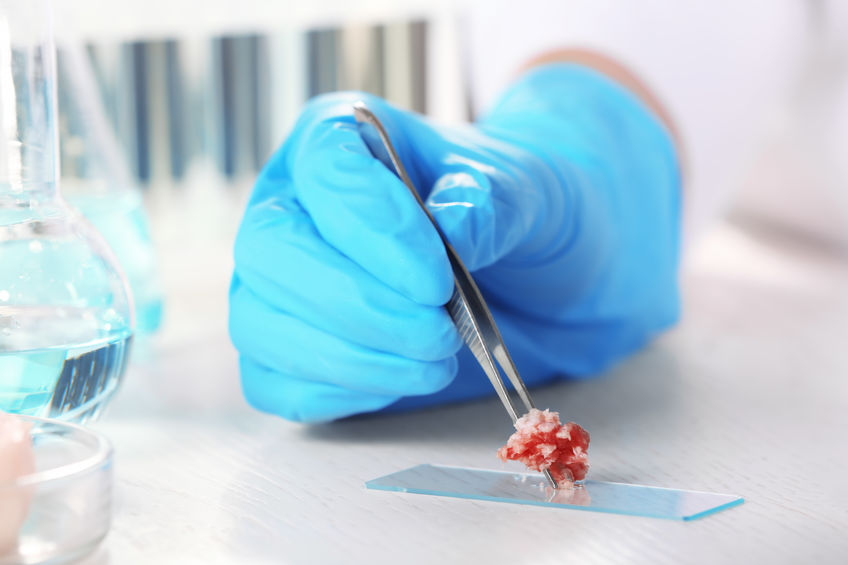Stem cell study paves way for manufacturing cultured meat

Scientists have for the first time obtained stem cells from livestock that grow under chemically defined conditions, paving the way for manufacturing cultured meat and breeding enhanced livestock.
Researchers from UK and Japanese institutions have developed stem cell lines from pigs, sheep and cattle embryos grown without the need for serum, feeder cells or antibiotics.
The ability to derive and maintain livestock stem cells under chemically defined conditions paves the way for the development of novel food products, such as cultured meat.
Professor Ramiro Alberio, who led the research, said with a growing population to feed against the backdrop of climate change, finding reliable and sustainable food was vital.
"The cell lines we developed are a step change from previous models as they have the unique ability to permanently grow to make muscle and fat," he added.
These novel cell lines can differentiate into multiple cell types, they can be genetically manipulated using Crispr/Cas9 gene editing tool and can be used as donors for nuclear transfer.
Researchers say this technology offers new opportunities for expanding studies into gene editing animals to improve their productivity, and adaptation to climate change to reduce the environmental impact of livestock production.
Professor Alberio added that the research offered potential solutions that the food industry could use at scale.
“Gene editing in this way makes modifications that could happen naturally over a long time but in a selective a rapid manner to customize specific traits.
"This can accelerate the pace of genetic selection of livestock and cultured meat to improve productivity and creation of healthier foods."
Professor Austin Smith, director of the University of Exeter's Living Systems Institute, is one of the world’s leading experts in stem cell research.
He said: “It is very exciting that starting from a fundamental question about early development in different animals we have discovered a technique that may revolutionise future production of meat”.
The research, by the Universities of Nottingham, Cambridge, Exeter, Tokyo and Meiji, has been published in the journal Development and was funded by BBSRC, EU (ERC), MRC and Wellcome Trust.








